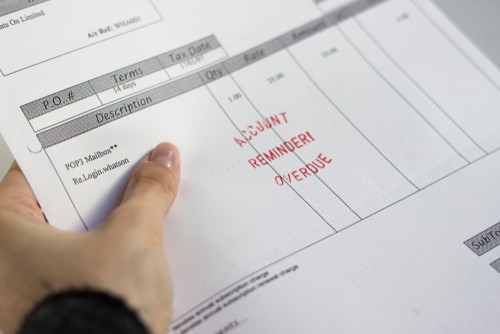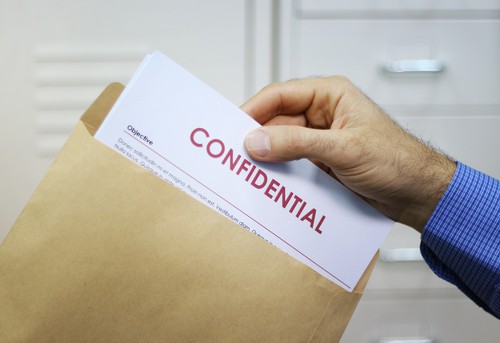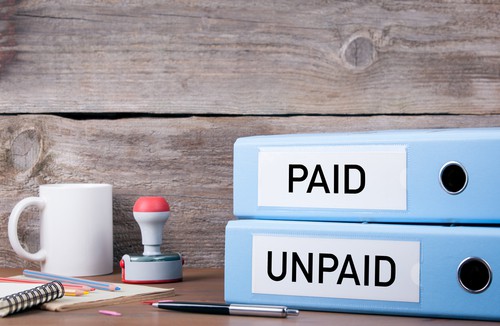
Tips For Managing Cash Flow To Prevent Debt Collection Issues
July 28, 2023
Legal Recourse When Debtors Declare Bankruptcy in Singapore
September 24, 2023Tips for Effectively Collecting Debts from Non-Responsive Clients

Tips for Effectively Collecting Debts from Non-Responsive Clients
Tips for Effectively Collecting Debts from Non-Responsive Clients in Singapore – In business operations, one of the most persistent challenges enterprises face is the issue of non-responsive clients who fail to fulfill their financial obligations.
These challenges can significantly threaten a company’s financial stability and overall sustainability.
In this comprehensive guide, we will delve into the intricacies of collecting debts from non-responsive clients in Singapore and provide actionable strategies to address this issue effectively and outrank other articles with our in-depth insights.
Debt Collection Challenges
A consistent cash flow is imperative for any business’s survival and growth. However, the reality often involves dealing with non-responsive clients who evade communication or delay payments.
The importance of efficient debt collection strategies cannot be overstated, as they directly impact an organization’s ability to cover operational costs and maintain financial health.
By implementing proactive approaches, businesses can navigate this challenge with resilience.
Non-Responsive Clients

Identifying non-responsive clients involves recognizing certain behavioral characteristics.
These clients might lack communication, missed payment deadlines, or avoidance of contact.
The reasons behind such behavior can range from financial difficulties and cash flow problems on the client’s end to misunderstandings or disputes over services rendered.
This ultimately disrupts a business’s financial planning and creates an environment of uncertainty.
Communication Strategies
Effective communication is the cornerstone of any debt collection strategy. Maintaining professionalism, empathy, and clear messaging is essential.
Crafted messages should be concise yet respectful, outlining the outstanding debt and non-payment consequences.
Employing a variety of communication channels, such as calls, emails, formal letters, and reminders, ensures that clients are reached through their preferred medium.
Early Intervention and Reminder Systems
To preemptively address non-responsive behavior, establishing a well-structured follow-up schedule is crucial.
Sending polite reminders and notices for outstanding debts helps clients remain aware of their obligations.
Leveraging automated reminders for due dates minimizes the chances of missed payments and showcases the business’s commitment to promptness.
Personalized Approach

A personalized approach based on the client relationship can yield positive results.
Addressing client concerns, understanding potential issues, and building rapport fosters a sense of partnership.
This approach encourages payment and nurtures a mutually beneficial long-term association.
Negotiation and Settlement
Flexibility is key when it comes to negotiating payment terms with non-responsive clients.
Identifying terms that both parties can agree upon, offering flexible payment options, and considering partial settlements can facilitate a resolution that benefits both the business and the client.
Legal Considerations
Sometimes, businesses may need to explore legal avenues to recover outstanding debts. Familiarizing oneself with the legal rights and limitations about debt collection is crucial.
Sending formal demand letters and notices can serve as preliminary legal steps. In complex cases, consulting legal experts can guide navigating intricate legal procedures.
Debt Collection Agencies
Engaging professional debt collection agencies is a strategic move. These agencies specialize in handling non-responsive clients with expertise and legal knowledge.

Mediation and Dispute Resolution
Mediation serves as an alternative approach to resolving payment disputes amicably. Involving neutral third parties facilitates negotiations that prioritize both parties’ interests.
Achieving win-win solutions not only resolves outstanding debts but also preserves business relationships.
Documentation and Record Keeping
Accurate record-keeping plays a pivotal role in debt collection efforts. Maintaining detailed records of communication, agreements, and payment history strengthens the business’s legal position should legal action become necessary.
Offering Incentives
Incentives can encourage prompt payment from non-responsive clients. Providing discounts for early payment or implementing penalty clauses for late payments establishes a clear framework for clients to adhere to, fostering a sense of urgency in resolving outstanding debts.
Escalating Collection Efforts
Progressively intensifying communication and urgency can prompt action from non-responsive clients.
Notifying clients of potential credit reporting or legal action underscores the gravity of the situation.
Legal remedies should be sought as a last resort when all other avenues have been exhausted.
Protecting Client Relationships

While debt collection is essential, preserving client relationships is equally important. Striking a balance between the two requires transparent communication that emphasizes the commitment to mutual growth and understanding.
Customer Screening and Agreements
Prevention is often the best strategy. Conducting thorough client assessments before engagement can minimize the risk of non-responsive behavior. Clear payment terms included in contracts provide a strong foundation for future transactions.
Tips for Prevention
Preventive measures play a pivotal role in reducing non-responsive clients. By carefully screening clients, setting clear expectations, and fostering open communication, businesses can minimize the likelihood of encountering debt collection challenges in the future.
Tips for Effectively Collecting Debts from Non-Responsive Clients – Conclusion

In a competitive business landscape, the ability to manage non-responsive clients is a testament to an organization’s adaptability and resilience.
This comprehensive guide has delved into the intricate strategies to navigate this challenge effectively.
By implementing these proactive approaches, businesses can ensure their financial stability, strengthen client relationships, and secure their position in the market.
Remember, success in debt collection is not just about recovering funds—it’s about building a foundation for enduring partnerships and financial security.
Are you seeking a professional and reliable debt collector in Singapore? Contact us today!


